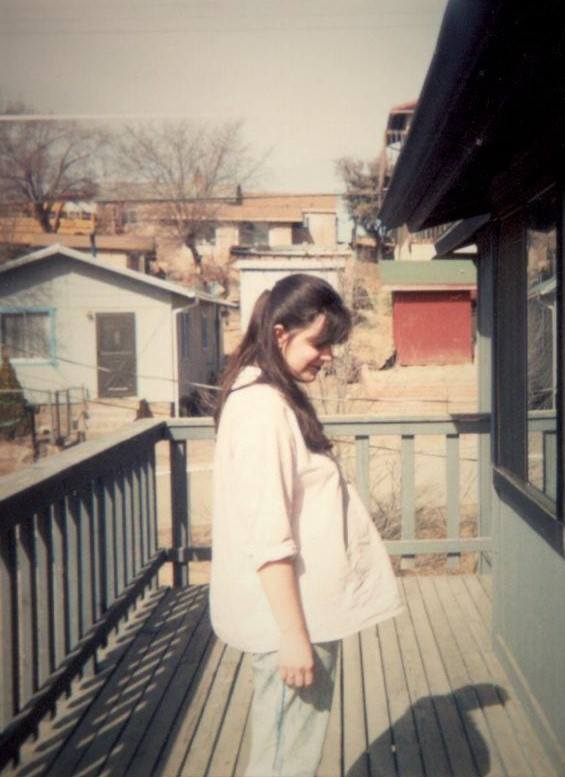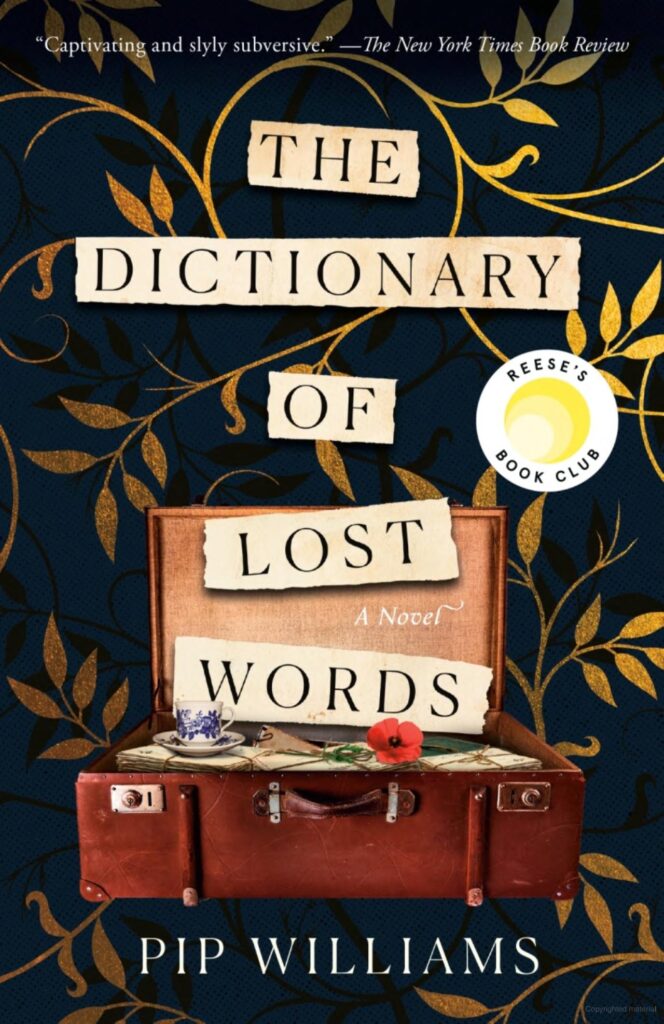I think some of us always remember the first time we’re called a “dumb b*tch.” It happened to me at 19—stalled out in the middle of an intersection, in the driver’s seat of a car I could not drive. The car was an ’87 Pontiac Sunbird, five-speed…manual transmission. I had been taught to drive the stick-shift, had had multiple lessons on not dropping the clutch, handling hills, and shifting gears in a way that wouldn’t give my passengers whiplash. This was my first time driving it on my own. At the stop sign, I had been timid with the gas and stalled. I heard a honk. Shaking, I tried again, jerked forward, and stopped. The car behind me swerved to pass on the left and shouted the foulness into my open car window, his face filled with disgust. His words landed like a slap. I burst into tears.
If you, like me, believe that words have lives and universes of their own, you will greatly appreciate Pip Williams’ The Dictionary of Lost Words. I’d never thought much about where the definitions of words came from, had never questioned the authority of the Oxford English Dictionary, had honestly assumed the definitions had been around for hundreds of years. Williams’ novel is set during the actual creation of the dictionary—barely a hundred years ago—a creation which, in itself, was an amazingly collaborative process that I’ll let you discover for yourself in the story. It’s the ”lost” words that hit hard for me. Specifically, it’s the “women” words that don’t make the cut into the dictionary, since the process of making the dictionary precludes any word not ubiquitously used in print. And since print was a mainly wealthy, male-dominated domain until quite recently in history, it was a process that also, not unintentionally, excluded the “poor” vocabulary as well. And so, Esme, our protagonist, decides to start stealing all the words that are cut from the dictionary. And what she does with them is also something I’ll let you learn as you read the book.
As a side note, in a discussion about “women” vs. “men” words, I’ve always wondered if “stupid *sshole” is the equivalent for men? Does it hit with the same visceral power? Does it carry the same violent undertone? But I digress…
Read The Dictionary of Lost Words first and foremost for a character named Mabel O’Shaughnessy who shares the best definition of the worst word imaginable, starting on page 110. For reasons you can probably guess, I cannot include the quote here! Read it also to learn a bit about the volatile time in England during the rise of woman’s rights at the start of WW1. And read it to remember that we must be careful with our words, with our language, with our communications with the other human beings on this planet. Even and especially online, because “…some words are more than letters on a page…They have shape and texture. They are like bullets, full of energy…”
Did I mention I was pregnant at the time? We’ll blame the tears on the hormones, lol.

Follow me on Facebook and subscribe here!
Use this link to find this book in your local indie bookstore (our book-buying choices matter 🙂
